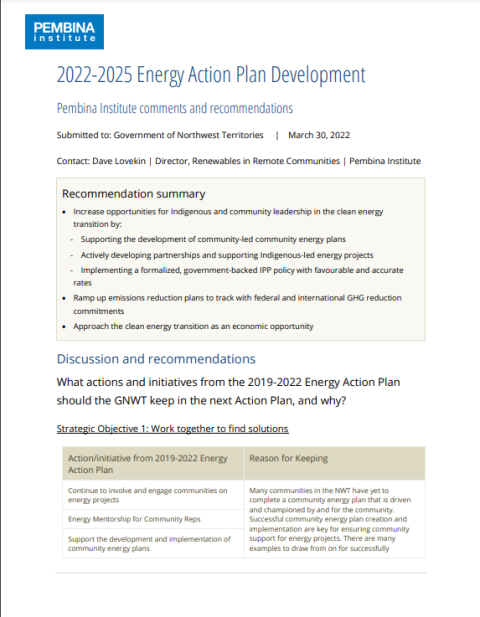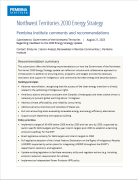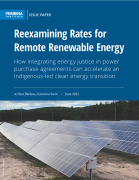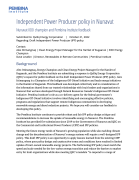The Government of the Northwest Territories (GNWT) created a 2030 Energy Strategy, which sets out the GNWT’s long-term approach to supporting secure, affordable, and sustainable energy in the Northwest Territories. The strategy highlights six main objectives:
- Work together to find solutions: community engagement, participation and empowerment.
- Reduce GHG emissions from electricity generation in diesel powered communities by an average of 25%.
- Reduce GHG emissions from transportation by 10% on a per person basis.
- Increase the share of renewable energy used for space heating to 40%.
- Increase residential, commercial, and government building energy efficiency by 15%.
- A longer term vision: develop the NWT’s energy potential, address industry emissions, and do our part to meet national climate change objectives.
The GNWT started implementing the strategy through their 2019-2022 Energy Action Plan, and started seeking input from the public to develop their 2022-2025 Energy Action Plan. As part of the public input process, the GNWT asked stakeholders to reply to four questions about the progress made in the 2019-2022 Energy Action Plan as well as opportunities for improvement. These questions included:
What actions and initiatives from the 2019-2022 Energy Action Plan should the GNWT keep in the next Action Plan, and why?
How could the GNWT improve the current actions and initiatives?
What new project or action could the GNWT initiate in the 2022-2025 Energy Action Plan to reduce emissions, help stabilize or decrease the cost of energy, and maintain energy security in the North?
What is the most important energy issue currently affecting your community? How could it be addressed?
This document includes recommendations from the Pembina Institute for the 2022-2025 Energy Action Plan including:
Increasing opportunities for Indigenous and community leadership in the clean energy transition by:
Supporting the development of community-led community energy plans
Actively developing partnerships and supporting Indigenous-led energy projects
Implementing a formalized, government-backed IPP policy with favourable and accurate rates
Ramping up emissions reduction plans to track with federal and international GHG reduction commitments
Approaching the clean energy transition as an economic opportunity







